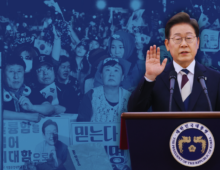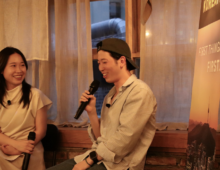As affluent parents secure places for their children to study in Hungary, some in the local medical field cry foul
In the competitive landscape of South Korean medical school admissions, Hungarian medical institutions are gaining traction among South Korean students. This shift has ignited controversy in South Korea, with some medical groups contending that Hungarian school graduates shouldn't qualify to take the nation’s state-run medical licensing exam.
On July 2, a Seoul court dismissed such arguments. This decision stemmed from an administrative lawsuit initiated in March 2022 by the group Doctors Who Want a Fair Society. Comprising predominantly young doctors, this group posits that Hungarian medical schools fail to meet the required criteria, accusing them of granting licenses to foreign students on the stipulation that they cannot practice in Hungary. The clause they point to states, “I hereby declare, that I have a foreign (non-Hungarian) nationality, furthermore I do not intend to pursue any healthcare activity in Hungary.”
In the competitive landscape of South Korean medical school admissions, Hungarian medical institutions are gaining traction among South Korean students. This shift has ignited controversy in South Korea, with some medical groups contending that Hungarian school graduates shouldn't qualify to take the nation’s state-run medical licensing exam.
On July 2, a Seoul court dismissed such arguments. This decision stemmed from an administrative lawsuit initiated in March 2022 by the group Doctors Who Want a Fair Society. Comprising predominantly young doctors, this group posits that Hungarian medical schools fail to meet the required criteria, accusing them of granting licenses to foreign students on the stipulation that they cannot practice in Hungary. The clause they point to states, “I hereby declare, that I have a foreign (non-Hungarian) nationality, furthermore I do not intend to pursue any healthcare activity in Hungary.”
Get your
KoreaPro
subscription today!
Unlock article access by becoming a KOREA PRO member today!
Unlock your access
to all our features.
Standard Annual plan includes:
-
Receive full archive access, full suite of newsletter products
-
Month in Review via email and the KOREA PRO website
-
Exclusive invites and priority access to member events
-
One year of access to NK News and NK News podcast
There are three plans available:
Lite, Standard and
Premium.
Explore which would be
the best one for you.
Explore membership options
© Korea Risk Group. All rights reserved.
No part of this content may be reproduced, distributed, or used for
commercial purposes without prior written permission from Korea Risk
Group.












